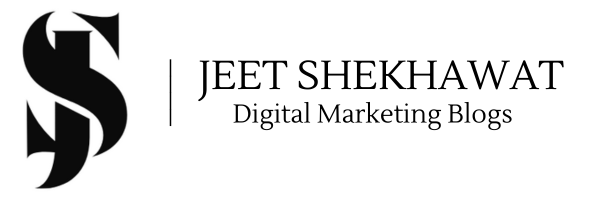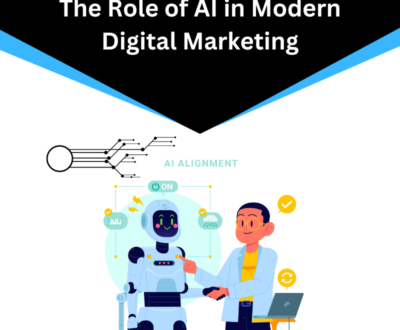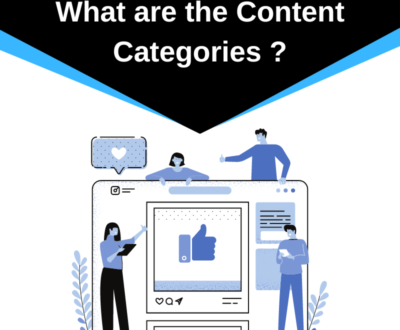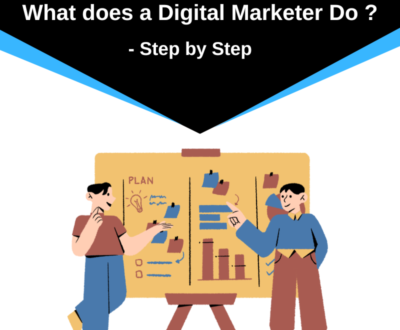
Digital Marketing Interview Questions involves being ready to answer a range of questions that assess your knowledge, experience, and skills in various aspects of digital marketing. Here are some common and insightful Interview Questions you might encounter, along with tips on how to answer them effectively:
1. Can you describe your experience with SEO?
Tip: Highlight specific SEO strategies you have implemented, such as keyword research, on-page optimization, link building, and performance tracking. Provide examples of how your SEO efforts improved website rankings and traffic.
Example Answer:
“In my previous role, I led an SEO campaign for our company’s blog, focusing on keyword optimization and improving page load times. I conducted thorough keyword research, optimized meta tags and content, and built high-quality backlinks. As a result, our blog’s organic traffic increased by 30% over six months.”
2. How do you measure the success of a digital marketing campaign?
Tip: Discuss the Key Performance Indicators (KPIs) you use to evaluate campaign success, such as conversion rates, click-through rates (CTR), return on investment (ROI), and customer acquisition cost (CAC). Mention the tools you use for tracking and analysis.
Example Answer:
“I measure the success of a digital marketing campaign through several KPIs, including conversion rates, CTR, and ROI. I use Google Analytics and SEMrush to track these metrics and generate reports. For instance, in a recent PPC campaign, I monitored CTR and conversion rates to optimize ad performance and ensure we achieved a 25% ROI.”
3. What strategies do you use for content marketing?
Tip: Describe your approach to creating and distributing content, including content planning, creation, promotion, and measurement. Mention how you tailor content to different stages of the customer journey and channels.
Example Answer:
“My content marketing strategy involves researching audience interests and pain points to create valuable content. I develop a content calendar, focusing on blog posts, social media updates, and email newsletters. I promote content through various channels and measure its performance using tools like Google Analytics and social media insights. For example, a recent blog post series on industry trends significantly boosted our organic traffic and engagement.”
4. Can you explain how you use data to inform your marketing decisions?
Tip: Discuss your process for collecting, analyzing, and interpreting data. Explain how you use insights to make informed decisions and adjust strategies.
Example Answer:
“I use data to drive marketing decisions by analyzing metrics from Google Analytics, social media platforms, and email campaigns. For instance, I review user behavior data to identify high-performing content and optimize underperforming areas. By analyzing bounce rates and conversion paths, I made adjustments to our landing pages, which resulted in a 15% increase in conversion rates.”
5. How do you stay updated with the latest digital marketing trends and changes?
Tip: Mention the resources, tools, and methods you use to stay current, such as industry blogs, webinars, online courses, and professional networks.
Example Answer:
“I stay updated with digital marketing trends by following industry blogs like Moz and HubSpot, attending webinars, and participating in online courses. I also engage with professional networks and forums to share insights and learn from peers. Recently, I completed a certification course in AI-driven marketing strategies to stay ahead of emerging trends.”
6. Describe a Challenging Digital Marketing project you worked on and how you handled it.
Tip: Provide a detailed example of a project that posed challenges. Discuss the obstacles you faced, the steps you took to overcome them, and the results of your efforts.
Example Answer:
“One challenging project involved a website redesign that impacted our SEO rankings. The site’s new structure led to broken links and decreased traffic. I addressed this by conducting a comprehensive site audit, fixing broken links, and implementing 301 redirects. I also updated our sitemap and resubmitted it to search engines. Within three months, we recovered our previous rankings and saw a 20% increase in organic traffic.”
7. How do you approach creating a social media strategy?
Tip: Outline your process for developing a social media strategy, including setting objectives, identifying target audiences, choosing platforms, and measuring success.
Example Answer:
“My approach to creating a social media strategy starts with defining clear objectives, such as increasing brand awareness or driving website traffic. I then research and identify our target audience and choose the most effective platforms for engagement. I create a content plan, schedule posts, and use tools like Hootsuite for management. I monitor performance metrics such as engagement rates and follower growth to adjust the strategy as needed.”
8. What is your experience with email marketing campaigns?
Tip: Highlight your experience with designing, executing, and analyzing email marketing campaigns. Discuss tools you’ve used, segmentation strategies, and any improvements you’ve made.
Example Answer:
“I have extensive experience with email marketing, including designing campaigns using Mailchimp and HubSpot. I segment email lists based on user behavior and preferences to deliver personalized content. For instance, I ran a re-engagement campaign for inactive subscribers, resulting in a 40% increase in open rates and a 25% boost in click-through rates.”
9. How do you handle negative feedback or criticism online?
Tip: Explain your approach to managing negative feedback and maintaining a positive online reputation. Discuss strategies for addressing complaints and turning them into opportunities for improvement. This is the most common question asked in Marketing Interview Questions .
Example Answer:
“I handle negative feedback by first addressing the issue promptly and professionally. I acknowledge the customer’s concerns and offer a solution or escalation if necessary. I also monitor social media channels to respond quickly and manage our brand’s reputation. For example, when we received negative feedback about a product, I coordinated with our customer service team to resolve the issue and publicly apologized, which helped restore customer trust.”
10. Can you give an example of how you’ve used A/B testing in your marketing efforts?
Tip: Provide an example of a campaign where you used A/B testing to optimize performance. Discuss the variables tested, the results, and how the insights influenced your strategy.
Example Answer:
“In a recent email campaign, I used A/B testing to determine the most effective subject line. I tested two variations: one with a question and one with a call to action. The test revealed that the call-to-action subject line had a 15% higher open rate. I implemented the winning subject line in the full campaign, leading to a 20% increase in click-through rates.”
More from our blog
See all postsRecent Posts
- On-Page SEO: A Comprehensive Guide October 14, 2024
- The Role of AI in Modern Digital Marketing October 10, 2024
- The Four C’s of Digital Marketing. September 11, 2024









Pingback: What are the Content Categories ? - Jeet Shekhawat